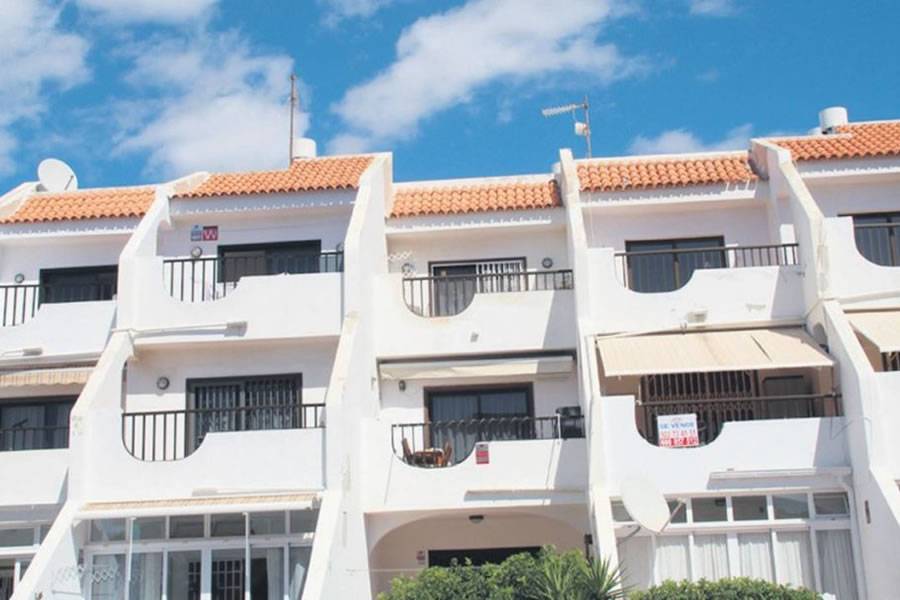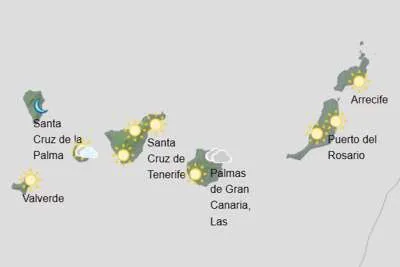Canary Islands requests EU to consider restricting property purchases by non-residents
- 12-11-2024
- National
- Canarian Weekly
- Photo Credit: Europa Press
The Canary Islands government has formally approached the European Union to evaluate the feasibility of imposing restrictions on the purchase of residential properties by non-EU citizens and non-residents within the archipelago.
This initiative aims to ensure that housing accessibility remains prioritised for native Canarians and foreign residents amidst rising property demand.
Pablo Rodríguez, the Minister of Public Works, Housing, and Mobility for the Canary Islands, announced during a parliamentary session that his department is actively developing a Canary-focused agenda in Brussels. This agenda seeks to advocate for a specific exemption tailored to the unique circumstances of the Canary Islands, enabling the limitation of real estate transactions involving foreign buyers.
"The Government of the Canary Islands has a clear objective," Rodríguez said. "We are committed to utilising all available mechanisms to guarantee that housing access for Canarians is secured and not distorted by dynamics that do not align with our social and economic realities. This approach is essential to protect our environment from external impacts that adversely affect the housing market and the quality of life for our residents."
Rodríguez acknowledged the legal complexities surrounding the proposal, noting that European Union law upholds fundamental principles such as the right to freely reside within member states and the right to economic diversification, both enshrined in the Treaty on the Functioning of the European Union.
"Despite these challenges, it is imperative that we find a solution compatible with these principles, one that respects the European framework while allowing us to implement specific measures to alleviate pressures on our real estate market," he stated.
The initiative reflects growing concerns within the Canary Islands regarding the affordability and availability of housing for local populations. By seeking EU support, the Canarian government aims to balance the benefits of foreign investment with the necessity of maintaining affordable housing options for its residents.
As the Canary Islands navigate this potential policy shift, stakeholders from various sectors will be closely monitoring the developments. The outcome of this request could set a precedent for other regions facing similar challenges related to foreign property investment and housing accessibility.


























































